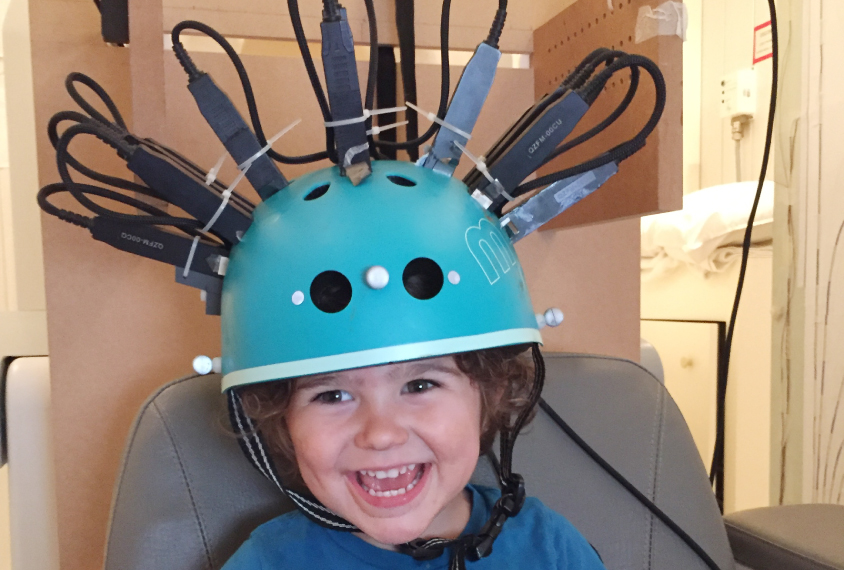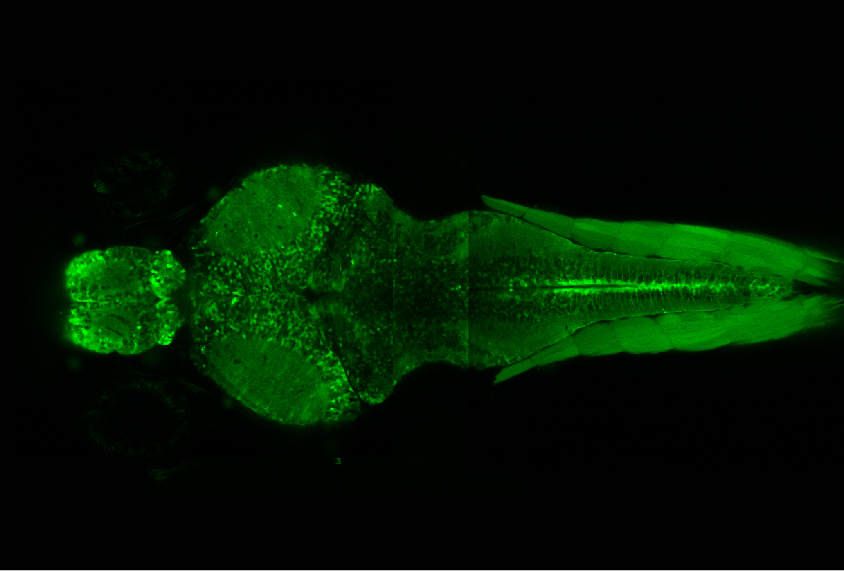Princess Ojiaku
From this contributor
Modified bike helmet scans brains of people in motion
A magnetic scanner fitted within an ordinary bicycle helmet may make it easier to visualize autistic children's brains.

Modified bike helmet scans brains of people in motion
Zebrafish show true colors as models for autism sleep studies
Sleeping zebrafish show two patterns of neuronal activity that are analogous to those in people.

Zebrafish show true colors as models for autism sleep studies
For autistic adults, a hospital stay carries high risk of death
Adults with autism are nearly 50 percent more likely to die in the hospital than their typical peers.

For autistic adults, a hospital stay carries high risk of death
Explore more from The Transmitter
Two neurobiologists win 2026 Brain Prize for discovering mechanics of touch
Research by Patrik Ernfors and David Ginty has delineated the diverse cell types of the somatosensory system and revealed how they detect and discriminate among different types of tactile information.

Two neurobiologists win 2026 Brain Prize for discovering mechanics of touch
Research by Patrik Ernfors and David Ginty has delineated the diverse cell types of the somatosensory system and revealed how they detect and discriminate among different types of tactile information.
Shifting neural code powers speech comprehension
Dynamic coding helps explain how the brain processes multiple features of speech—from the smallest units of sounds to full sentences—simultaneously.

Shifting neural code powers speech comprehension
Dynamic coding helps explain how the brain processes multiple features of speech—from the smallest units of sounds to full sentences—simultaneously.
Astrocytes orchestrate oxytocin’s social effects in mice
The cells amplify oxytocin—and may be responsible for sex differences in social behavior, two preprints find.

Astrocytes orchestrate oxytocin’s social effects in mice
The cells amplify oxytocin—and may be responsible for sex differences in social behavior, two preprints find.